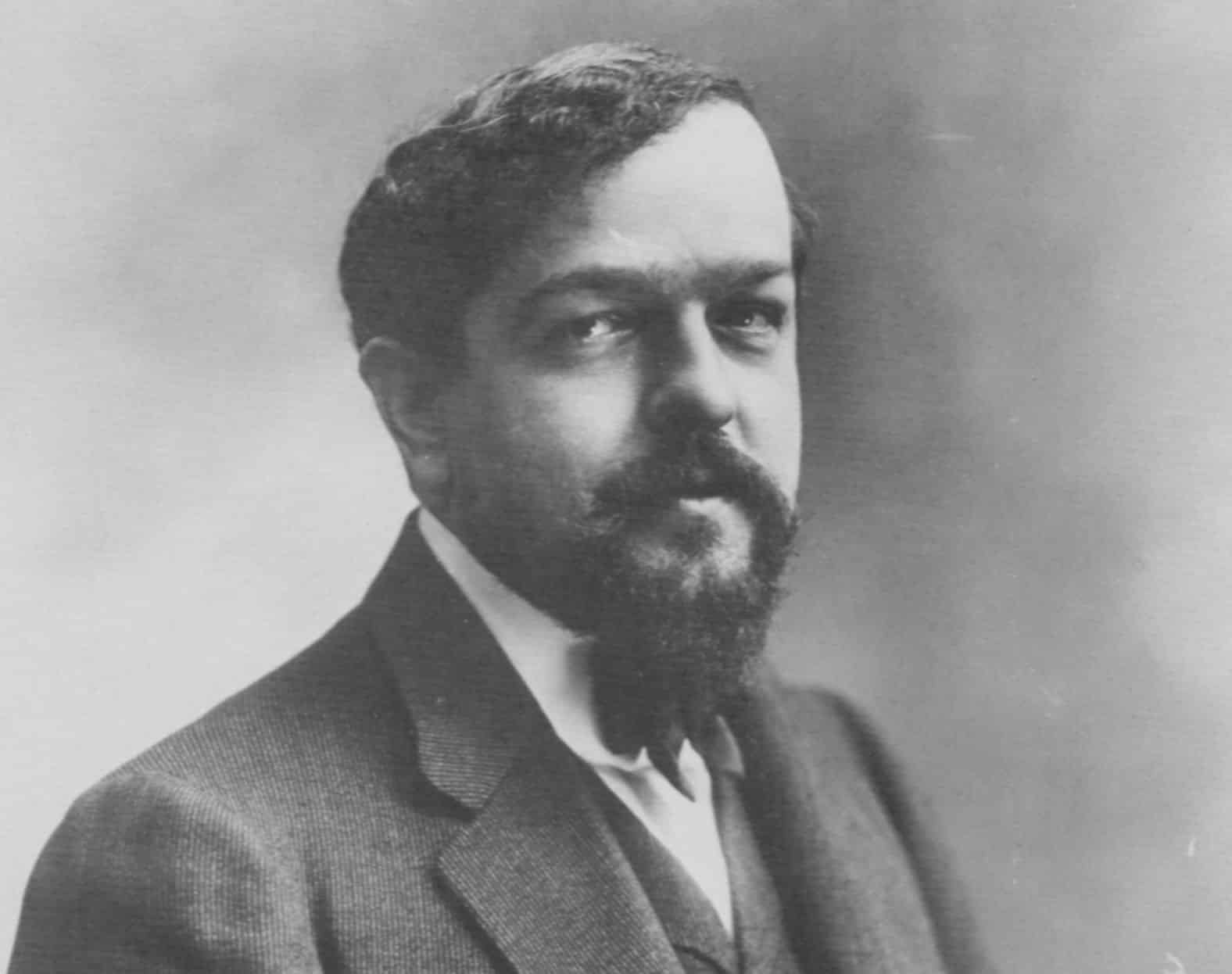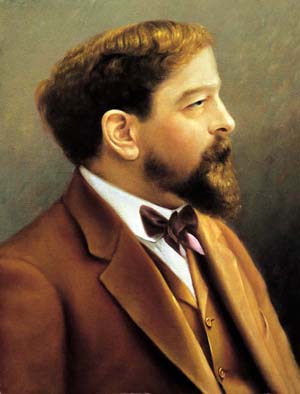Claude Debussy (1862-1918) stands as one of the most influential and innovative composers of the late 19th and early 20th centuries, contributing significantly to the Impressionist movement in music. Born on August 22, 1862, in Saint-Germain-en-Laye, France, Debussy demonstrated an early aptitude for music. At the age of seven, he began studying piano at the Paris Conservatoire, where he would later become a student of prominent composers like Ernest Guiraud and Émile Durand.
Debussy’s early exposure to the works of Richard Wagner and the Russian composers, particularly Modest Mussorgsky, left a lasting impression on him, fueling his desire to explore new harmonic possibilities and break away from traditional musical forms. Despite his avant-garde inclinations, Debussy faced initial resistance from the conservative Parisian musical establishment.
In 1884, Debussy won the coveted Prix de Rome, which granted him a scholarship to study in Rome. However, he found little inspiration in the Italian capital and was more intrigued by the music of Russian composers, such as Igor Stravinsky, and the exotic scales and timbres of Javanese gamelan music, which he encountered at the 1889 Exposition Universelle in Paris.
Debussy’s mature style began to emerge in the 1890s, characterized by lush harmonies, fluid melodies, and a preference for color and atmosphere over traditional tonal structures. His groundbreaking compositions, such as “Prélude à l’après-midi d’un faune” (Prelude to the Afternoon of a Faun, 1894) and “Nuages” (Clouds) from the orchestral suite “Trois Nocturnes” (Three Nocturnes, 1899), showcased his mastery of orchestration and his departure from the romantic and classical conventions of his time.
Debussy’s most renowned work is arguably his only completed opera, “Pelléas et Mélisande” (1902). Based on the symbolist play by Maurice Maeterlinck, the opera marked a radical departure from conventional operatic practices, with a subtle and elusive narrative set to an ethereal score.
The outbreak of World War I in 1914 profoundly affected Debussy, as he witnessed the devastation of his homeland. His later compositions, including the piano suite “Children’s Corner” (1908) and the orchestral work “La Mer” (1905), continued to showcase his unique approach to music but also revealed a more introspective and contemplative side.
Claude Debussy passed away on March 25, 1918, at the age of 55, succumbing to colorectal cancer. Despite initial challenges and controversies during his career, Debussy’s legacy has endured, and he is celebrated as a pioneer who bridged the gap between the Romantic and modern eras, leaving an indelible mark on the course of Western classical music.


Comments are closed